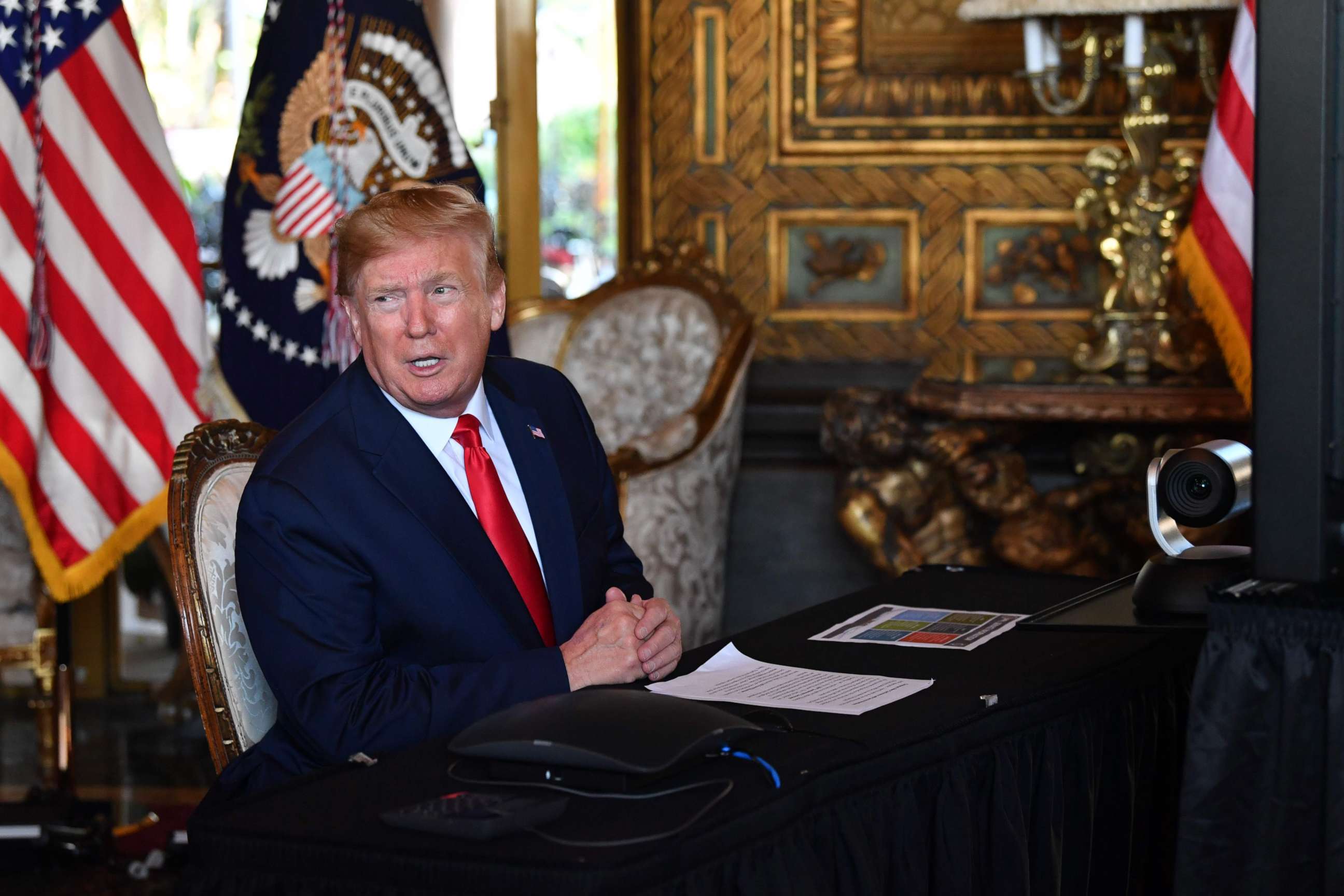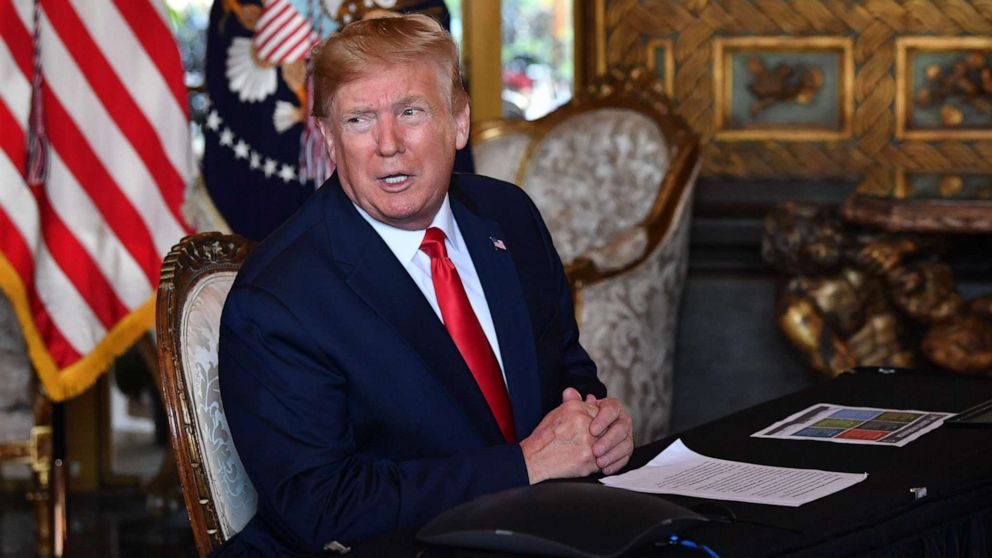Federal judge dismisses case involving former Bolton deputy over impeachment testimony
A federal judge dismissed a lawsuit Monday brought by a former top deputy to former national security adviser John Bolton regarding testimony in the impeachment probe led by House Democrats.
Charles Kupperman, who previously served as deputy national security adviser, had brought his lawsuit earlier this fall after Democrats subpoenaed him for testimony in the House impeachment probe into President Donald Trump. The central question to Kupperman’s case was whether he should comply with the congressional subpoena to testify or the White House's direction not to comply with the investigation.

In his finding, the judge agreed with the House of Representatives and attorneys from the Department of Justice, representing Trump in this matter, that Kupperman no longer faces the "irreconcilable commands of two coordinate branches of government" since the House Intelligence committee withdrew its subpoena in November.
The judge also dismissed two of Kupperman's concerns -- the possibility of the subpoena being reissued or being punished for failure to comply in the first place -- but left the door open for future legal actions should the situation call for it.
"Should the winds of political fortune shift," Judge Richard J. Leon wrote, "he will undoubtedly be right back before this Court seeking a solution to a Constitutional dilemma that has long-standing political consequences."
Kupperman’s attorney, Charles Cooper, has said the request from Congress and orders from the White House put his client in the "ultimate catch 22."

Cooper also represents Bolton, and many expected that a decision in Kupperman's case would influence whether Bolton would appear before Congress if subpoenaed. The longtime diplomat was never subpoenaed during the House's inquiry, though Senate Democrats have said they want him to testify in a Senate trial.
House Speaker Nancy Pelosi has not yet delivered the articles of impeachment to the Senate, because she said she first wants to see "the process that is set forth in the Senate."




